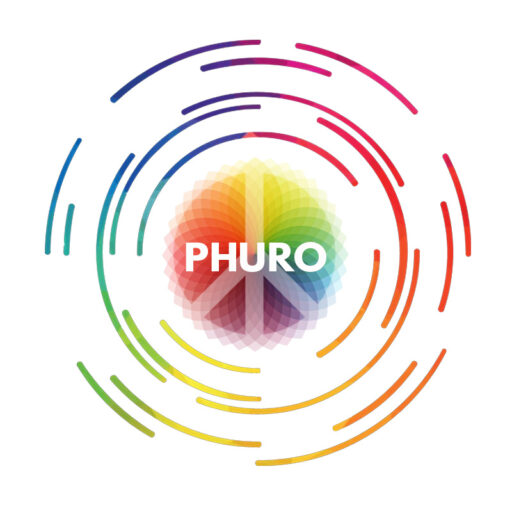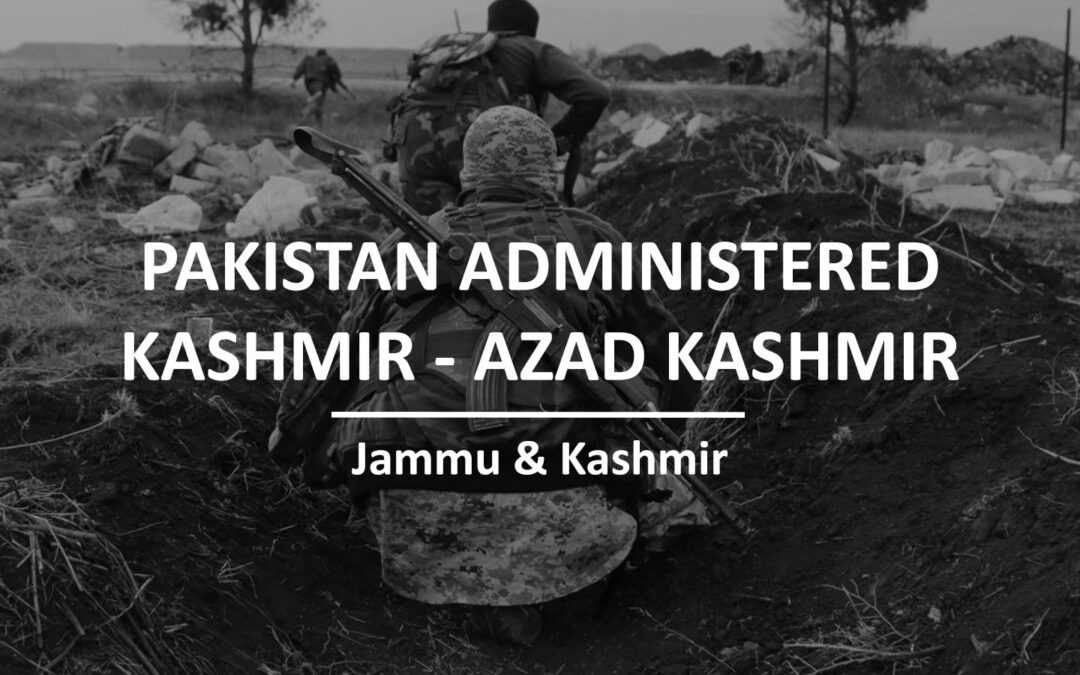The 2010 Chatham House opinion poll of Azad Kashmir’s people found that overall concerns about human rights abuses in ‘Azad Kashmir’ was 19%. The district where concern over human rights abuses was greatest was Bhimber where 32% of people expressed concern over human rights abuses. The lowest was in the district of Sudanhoti where concern over human rights abuses was a mere 5%.
Claims of religious discrimination and restrictions on religious freedom in Azad Kashmir have been made against Pakistan. The country is also accused of systemic suppression of free speech and demonstrations against the government. UNHCR reported that a number of Islamist militant groups, including al-Qaeda, operate from bases in Pakistani-administered Kashmir with the tacit permission of ISI. There have also been several allegations of human rights abuse.
In 2006, Human Rights Watch accused ISI and the military of systemic torture with the purpose of “punishing” errant politicians, political activists and journalists in Azad Kashmir. According to Brad Adams, the Asia director at Human Rights Watch, the problems of human rights abuses in Azad Kashmir were not “rampant” but they needed to be addressed, and that the severity of human rights issues in Indian-administered Kashmir were “much, much, much greater”. A report titled “Kashmir: Present Situation and Future Prospects”, submitted to the European Parliament by Emma Nicholson, was critical of the lack of human rights, justice, democracy, and Kashmiri representation in the Pakistan National Assembly. According to the Human Rights Commission of Pakistan, Pakistan’s ISI operates in Pakistan-administered Kashmir and is accused of involvement in extensive surveillance, arbitrary arrests, torture, and murder. The 2008 report by the United Nations High Commissioner for Refugees determined that Pakistan-administered Kashmir was ‘not free’. According to Shaukat Ali, chairman of the International Kashmir Alliance, “On one hand Pakistan claims to be the champion of the right of self-determination of the Kashmiri people, but she has denied the same rights under its controlled parts of Kashmir and Gilgit-Baltistan”.
After the 2011 elections, Azad Kashmir Prime Minister Sardar Attique Ahmad Khan stated that there were mistakes in the voters list which have raised questions about the credibility of the elections.
In December 1993, the blasphemy laws of Pakistan were extended to Pakistan Administered Kashmir. The area is ruled directly through a chief executive Lt. Gen. Mohammed Shafiq, appointed by Islamabad with a 26-member Northern Areas Council.
UNCR reports that the status of women in Pakistani-administered Kashmir is similar to that of women in Pakistan. They are not granted equal rights under the law, and their educational opportunities and choice of marriage partner remain “circumscribed”. Domestic violence, forced marriage, and other forms of abuse continue to be issues of concern. In May 2007, the United Nations and other aid agencies temporarily suspended their work after suspected Islamists mounted an arson attack on the home of two aid workers after the organisations had received warnings against hiring women. However, honour killings and rape occur less frequently than in other areas of Pakistan.
Scholar Sumantra Bose comments that the uprising remained restricted to the Indian side and did not spill over into Pakistani-administered Kashmir despite a lack of democratic freedoms on the Pakistani side. Bose offers a number of possible explanations for this. Azad Kashmir’s strong pro-Pakistan allegiances and a relatively smaller population are suggested as reasons. But Bose believes that a stronger explanation was that Pakistan had itself been a military-bureaucratic state for most of its history without stable democratic institutions. According to Bose, the Kashmiri Muslims had higher expectations from India which turned out to be a “moderately successful” democracy and it was in this context that Kashmiri Muslim rage spilled over after the rigging of the elections in 1987. The residents of Azad Kashmir are also mostly Punjabi, differing in ethnicity from Kashmiris in the Indian administered section of the state.
Read more on Gilgit-Baltistan
*The content above has been entirely copied from Wikipedia, a globally recognized free online encyclopedia, for the sheer purpose of sharing knowledge. Phuro Innovations (OPC) Private Limited is not responsible in any ways for the mentioned facts and figures.


Recent Comments